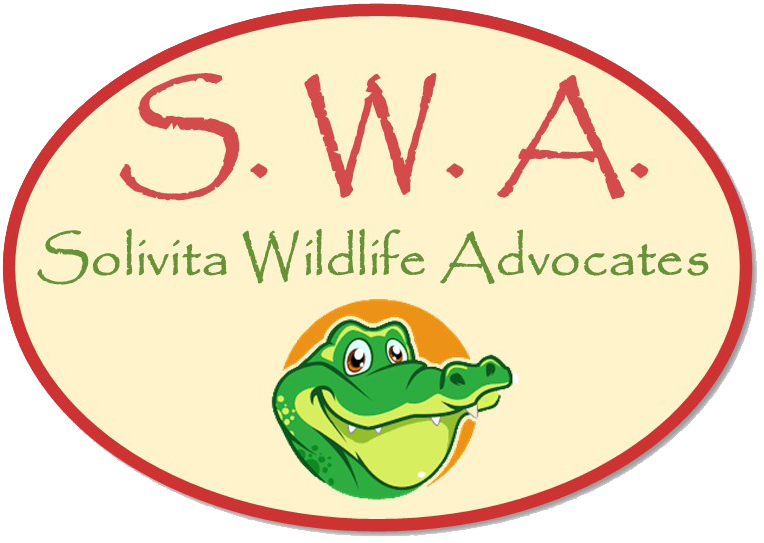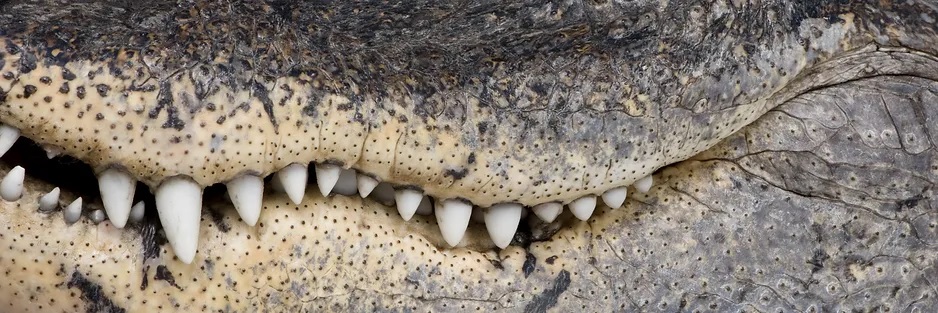
Most folks move to Florida for the warm weather, beautiful beaches, palm trees and abundant entertainment opportunities. Good reasons indeed. But Florida also has a vibrant ecological environment filled with creatures that are both beautiful and potentially dangerous.
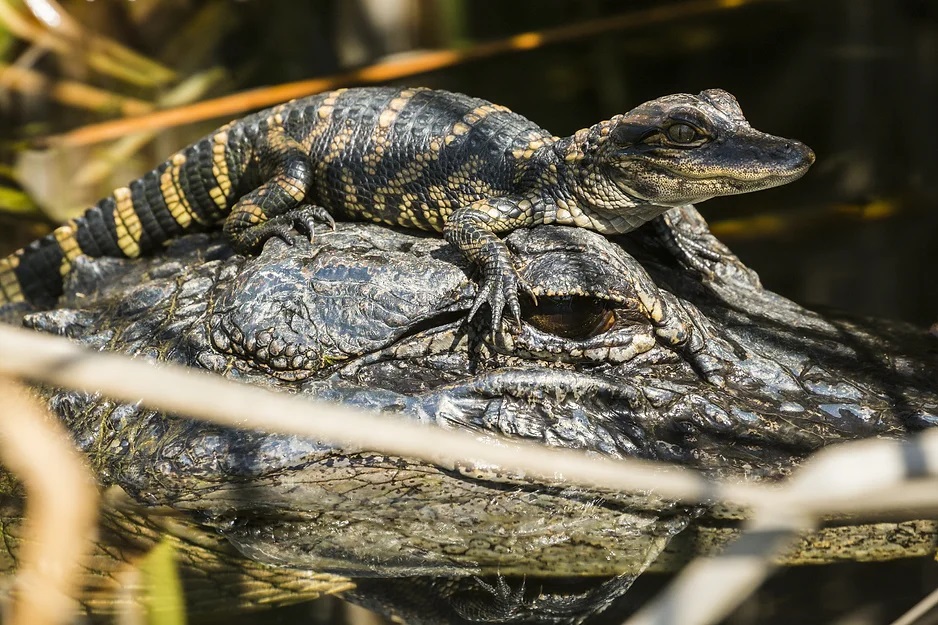
One of our apex predators is a 35-million-year-old reptile, living chiefly in our many ponds, that has been almost universally reviled in both story and legend. The American Alligator thrives here in Florida, but rest assured that with a bit of planning and abundant caution, people can live in proximity to them, coexisting safely.
Solivita Wildlife Advocates (SWA) began in 2020 as a community organization dedicated to safeguarding our alligators. Prior to our efforts Solivita had an established record (FWC data) of removing and destroying an average of fifteen (15) gators every year. Since our work in providing accurate information and safety tips that number has been reduced to and average of three (3) per year. We continue to be committed to protecting the gators by protecting and educating the public.
Florida’s alligator population is approximately 1.3 million, living in freshwater swamps, marshes, rivers, lakes, ponds and canals. Many reside in ponds and lakes inside communities just like here in Solivita. There is an old saying in Florida, “If you see any body of water be careful, there is likely a gator living in it.” The American Alligator is not endangered and can be found in waterways from Florida to Texas and north all the way to North Carolina. However, they remain protected due to their similarity in appearance with American Crocodiles which are federally protected.
Alligators can live up to 50 years. Male alligators are generally larger than females with an average length of 12 feet while females max out at about 8 feet. The largest ever measured in Florida was 17.5 feet weighing in at almost 1,000 pounds. The sex of an alligator is determined by the temperature at which its eggs are incubated during a critical period of development. This process is called temperature-dependent sex determination (TSD) and is also used by other reptiles, such as most turtles and many lizards.
American alligators are opportunistic feeders that eat a wide variety of prey, depending on their age and what’s available:
- Hatchlings eat insects, snails, and tadpoles
- Juveniles eat insects, amphibians, small fish, and other invertebrates
- Adults eat fish, snakes, turtles, small mammals, birds, and larger animals like muskrats, nutria, beavers, raccoons, armadillo, and deer.
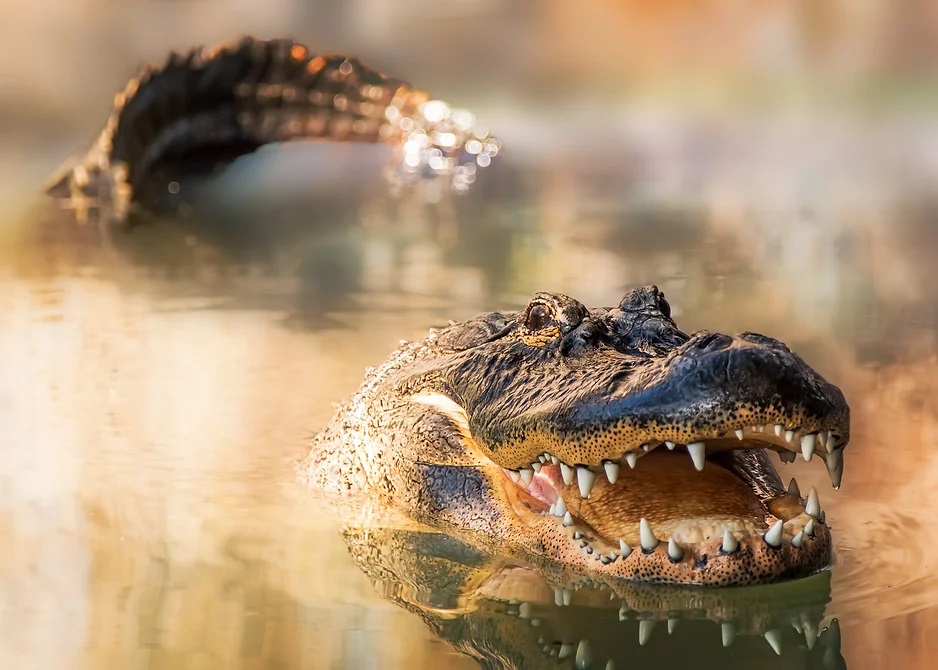
Since small mammals are on their diet it is prudent to always keep your cat inside your home and your pooch on a short leash in Florida, particularly when near a pond or any other pool of water.
American alligators are a species that can trace their roots back to prehistoric contemporaries more than 150 million years ago. Alligators are cold blooded, but do not hibernate. However, they experience periods of dormancy during the chilly winter months. That is why you will see them basking on the bank of a pond, soaking up the sun to regulate their body temperature. This is NOT aggressive behavior and does NOT pose a threat to nearby humans. When cold weather arrives, they will also dig a “gator hole” along waterways. A gator will dig itself into a hollow in the mud, which then fills with water, creating a tunnel as long as 65 feet providing protection during extreme hot or cold.
Alligators swim very quickly and can be surprising fast on the land. The record land speed for an alligator is 27 MPH, but their tails are quite heavy making them clumsy, typically running much slower. They consider people to be predators, and will usually dash away unless provoked. However, if you are ever chased by an alligator do not run in a zig zag pattern. The gator will run directly at you, so do not waste time trying to be clever.
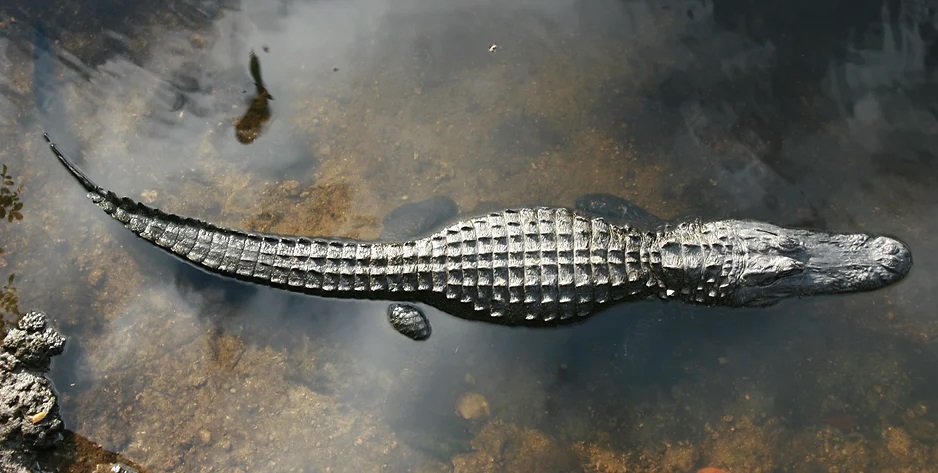
Gators are omnivorous. However, they like a dog or a bear they may be lazy, always looking for an easy meal. Once fed a gator loses its fear of all humans, considering people to be an easy source of food. While they may not wish to eat you, they will approach any person in search of the next quick meal. Therefore, feeding an alligator will forever endager all human it comes into contact with – as well as the alligator itself. Additionally, alligators are NOT like ducks or squirrels. They are awkward and unpredictable, lurching quickly, dangerously and effectively to get food extended to them by hand.
Florida Statute 372.667 prohibits the intentional feeding or enticement of wild American Alligators or American Crocodiles with penalties including a fine of up to $500 and up to 60 days in jail. Solivita residents found feeding gators endanger the entire community and WILL BE REPORTED to state authorities. Residents who report an individual found guilty of feeding alligators will received a $300 Reward by the State of Florida. Call:
WILDLIFE ALERT HOTLINE
888-404-3922
Text 847411- keyword FWC with information about the violationSubmit a tip to – www.MyFWC.com/WildlifeAlert
Solivita residents who have concerns about a nuisance alligator may call Florida Wildlife Commission to report the gator. To qualify the gator must be at least 4 feet in length and present an imminent danger to a person or pet. Simply swimming in a nearby pond or basking on a hill does not qualify. Additionally, gators routinely commute between ponds. They often become lost, ending up on someone’s lawn, driveway or unprotected swimming pool. These gators are not attacking or hunting, and if given time will typically find their way back to their own natural environment. Additionally, gators are nocturnal by nature, preferring to move across land at night. So, please be cautious and careful when walking or running anywhere in Solvita, including parking areas, after sunset and before sunrise.
Alligators have always been part of Florida’s (and Solivita’ s) natural environment. We live safely with these animals, admiring their power and grace while enjoying their natural beauty. They play a critical role in our ecological environment by reducing the population of insects, turtles, snakes and other vermin.
We invite you to appreciate them as we do – from a distance.
Solivita Wildlife Advocates are dedicated to protecting alligators from people by protecting people from alligators. If you have a question regarding alligators or your safety regarding alligators, feel free to contact us at [email protected]. We will be happy to provide advice and support.
